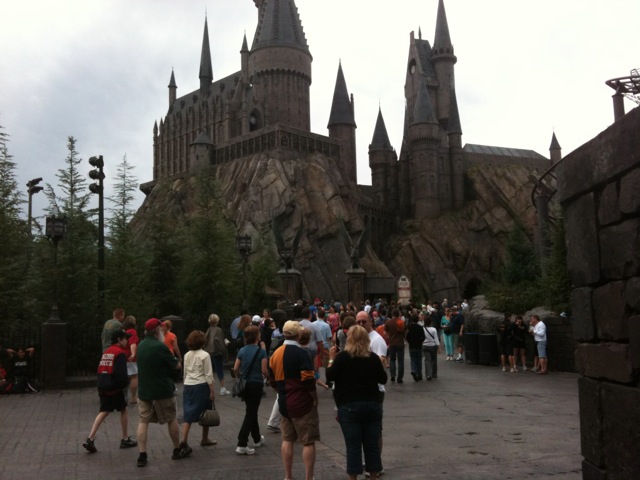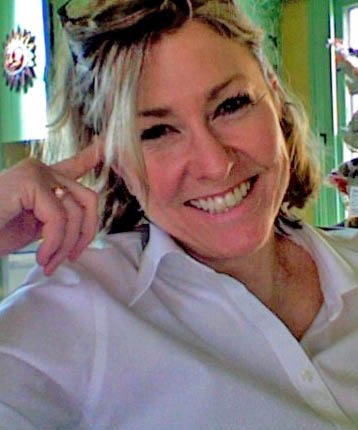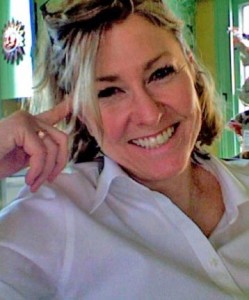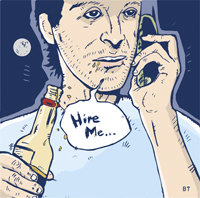By Claire Klieger

I just got back from a trip to Orlando for, among other things, the express purpose of visiting the magical Wizarding World of Harry Potter (yes, I embrace my inner dork). We got to Universal early thinking we might miss some of the crowds just to find them all packed into Potter portion of the park because it turns out we had all had the same not-so-bright idea. However, as the day wore on, the crowds really thinned out and we ended up having almost no wait for the HP Experience (fantastic!) or other rides. And, despite being warned to expect a two hour wait at The Three Broomsticks for lunch, we just waltzed right in and were able to be seated immediately—for the record, butter beer isn’t actually that tasty even if it was fun to drink it. Why regale you with stories of my geeky spring break?
It turns out that the internship search season can feel much the same way. Everyone thinks gee, I have to get started really early or all of the “good” opportunities will be taken. And there is the similar early semester frenzy of OCR. But the truth is that lots of really fantastic opportunities don’t become available until later in the semester. Most students don’t find out about their summer plans that early. In fact, hot off the presses, the summer 2010 survey data shows that for sophomores, over 70% did not receive an internship offer until March or later. While it is true that some industries tend to make offers earlier (financial services peaks with internship offers in February), many do not typically make offers until later. For example, for internships in both communications and with non-profits, the peak time period for offers was April. For more details on timelines for offers, summer salary trends by industry and more, check out our newly posted summer survey reports for the College and Wharton.
So don’t feel like just because spring break has come and gone and it feels like the semester’s end is approaching faster than you could eat a chocolate cauldron cake from HoneyDukes (which, as I deliciously discovered, is pretty fast) that you don’t have options. Now is the time when new internships in a variety of fields are being posted daily. It’s time to get back on PennLink, iNet and other internship search tools because great things are still out there. If you want help getting your internship search back on track, touch base with us in Career Services.
Just for fun, here are other ways your internship search may resemble the theme park experience:
Warning! Those with heart conditions should not ride – the search process itself can be very stressful so it’s important to remember to pace yourself and break the search into more manageable smaller tasks.
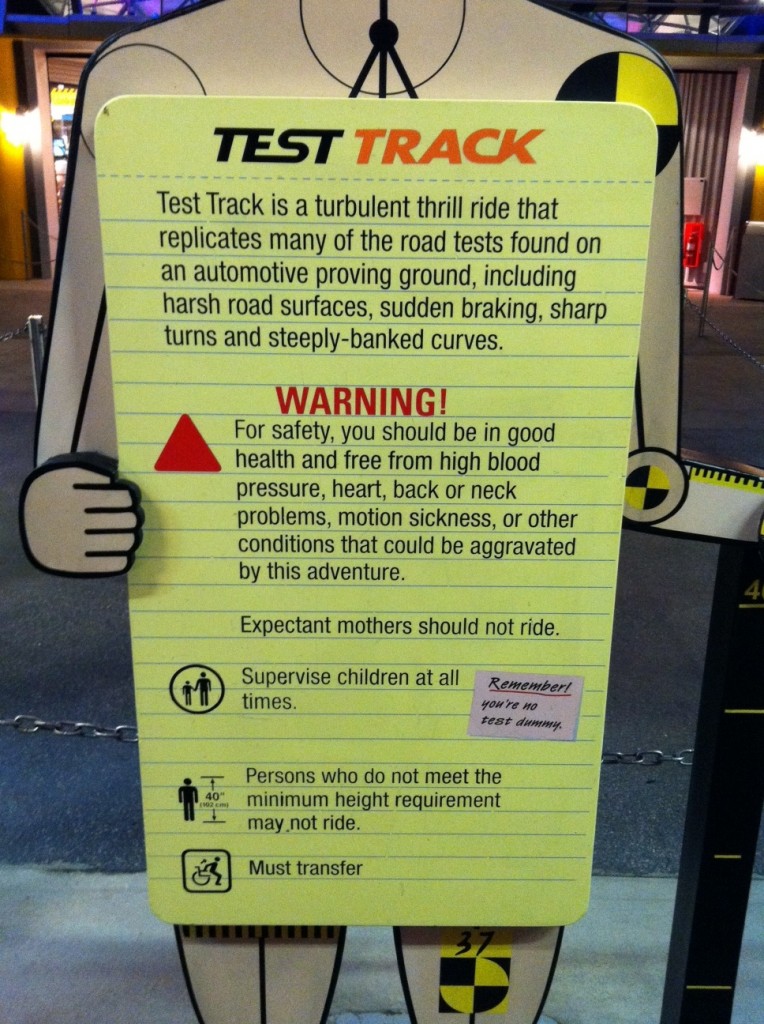
Approximate wait time: variable – Sometimes you may hear back about an application with surprising speed and at other times the wait can be a long time and often there is no way to predict how long it will take. Makes you wish there was a “fast pass” for internship offer news, doesn’t it?
Attraction Description: This is a high-speed ride that includes sudden and dramatic acceleration, climbing, tilting, and dropping. You will be turned completely upside-down several times. Your search will often feel like an emotional roller coaster, filled with unexpected turns, some good, some bad, some (possibly) terrifying but if you’re buckled in correctly, even if you are compelled to scream at times, the search will hopefully come to fruitful and joyous conclusion.


